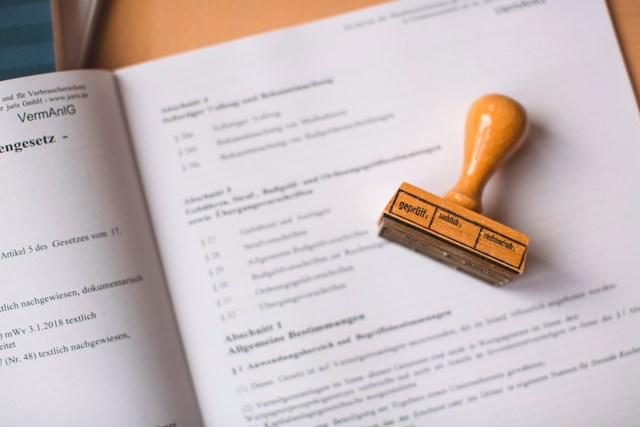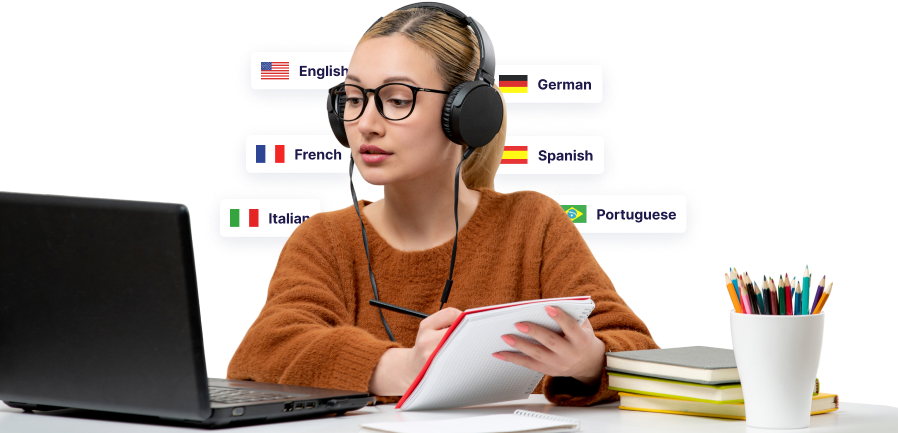Rapid Translate Team
Bridging the language barriers between various healthcare systems is vital. People have often been in situations where they need medical attention in foreign countries. Unfortunately, the language difference has put them at a disadvantage. Luckily, medical translation helps to solve this problem.
This translation involves medical terminology, reports, and conversations to save lives. It ensures proper communication between healthcare providers and patients in any language. However, the translation process entails so much more. Read this blog post to get insights on translation for medical documents and its impact on healthcare.
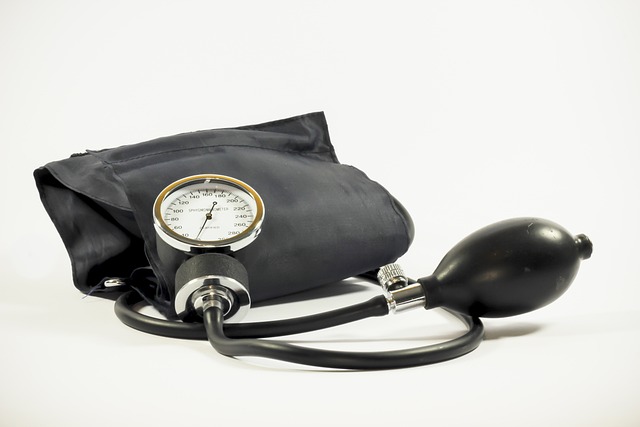
Table of Contents
What Is Medical Translation?
Translations for medical purposes involve converting various medical documents, training materials, records, etc from one language to another. These translations are essential for various institutions in the healthcare industry to understand crucial information.
Translation is the bridge between healthcare providers and patients speaking different languages. Effective communication in the medical field can make a big difference. Thus, translators need to deeply understand medical terminologies, treatment options, and health conditions.
The translator must be aware of cultural differences to incorporate them into the translation process. Translating for medical purposes also involves skill and experience to ensure accuracy.
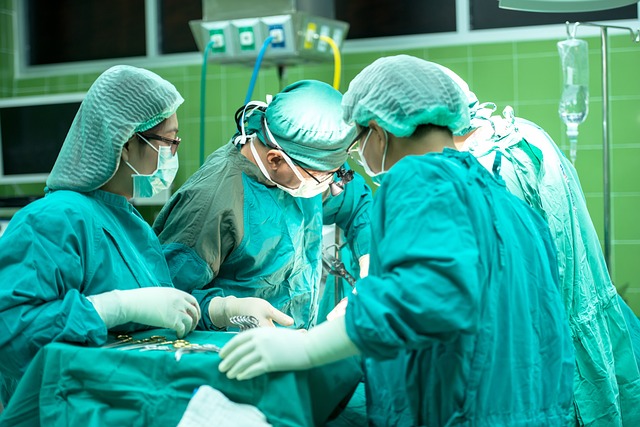
Importance of Medical Document Translation
Medical document translation is a broad profession that covers various details and areas. It’s not just about translating medical documents for healthcare facilities; it’s about effective communication and saving lives. This translation covers charts, case reports, legal disclosures, research papers, and medical records.
Translating these documents is crucial because they directly impact medical research and patients’ health. Accurate translations help patients share medical history with professionals in foreign communities. They also help patients communicate their symptoms and treatments and ask questions.
This makes the patient feel involved in the medical process and encourages them to cooperate. Additionally, Medical translation services are helpful for research institutions, hospitals, medical device manufacturers, pharmaceutical companies, and local health facilities.
Pharmaceutical companies and medical device manufacturers can make their products global with quality translations. Understanding instruction manuals and drug labels allows more people to access life-saving healthcare services. Accurate translations also help companies and healthcare providers avoid legal consequences.
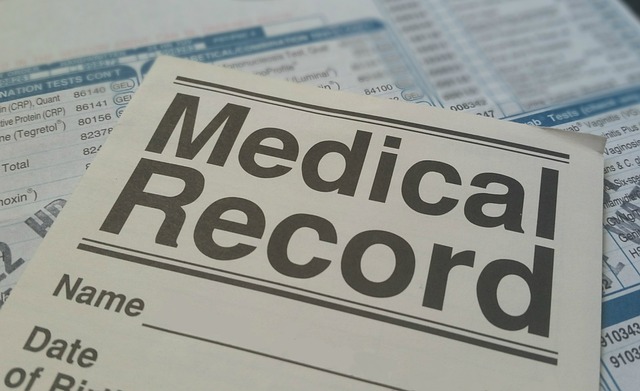
Medical Documents Requiring Translation
Several health documents exist with unique formats, purposes, and language blends. Hence, knowing the different types of health documents requiring translation is essential to covering all areas.
Here are the documents:
- Medical records
- Patient information
- Informed consent forms
- Medical equipment manuals
- Health insurance paperwork
- Clinical protocols
- Clinical trials
- Medical contracts
- Pharmacological studies
- Toxicology reports
- Scientific journal articles
- Drug registration documentation
- Product labels
- Package inserts and labels
- Clinical research associate training materials and videos, etc.
Translating medical documents is crucial; however, this isn’t the only means of communication people need. Some patients also need certified medical interpreters to help them interact with healthcare professionals during consultation and treatment.
Unlike translation services, interpretation services help patients and doctors interact and connect in real-time.
5 Challenges of Healthcare Translation
Translating for medical purposes also comes with some challenges. However, knowing them beforehand can help you work towards overcoming them. This section explains the challenges of this translation.
1. Complexity of Medical Terminology Translation
Medical terminologies combine scientific and basic words to create a specific meaning. To a medical professional, these terminologies briefly describe diseases and their condition. However, a regular person needs accurate medical terminology translation services to understand them.
Unfortunately, the problem with this process is the complexity of these terms. Medical terminology is a specialized and complex field of study. Each term has a unique and specific meaning, and accurately translating specific terms requires more than deep linguistic knowledge.
Only people with a solid background in the medical industry or adequate medical translation training can explain them. A translation error can create misunderstandings, leading to serious health issues or death. In this case, a general translator may find the process challenging.
The complexity of medical terms limits health translations to only professionals with appropriate credentials and training. It requires the services of specialized medical translators who can combine advanced linguistic skills with medical expertise.
2. Consideration of Cultural Sensitivity
Medicine is a science that also interacts with various cultures and personal beliefs. Its relation to various cultures affects symptom interpretation and treatment prescription. Thus, these procedures may vary according to culture and beliefs. This makes health translations depend on cultural sensitivity and awareness.
A competent translator must know these cultural nuances and convert texts in a way that respects cultural differences.
Cultural awareness is vital for informed consent, health education materials, and patient instructions. Misunderstanding these documents can put patients in dangerous circumstances.
3. Need for Precision
Precision is necessary when translating health documents because it could mean the difference between life and death. Translation errors could lead to inadequate treatment, misdiagnosis, and the legal consequences of inadequate informed consent.
Accurate translations require attention to detail because medical terms can have nuances in different contexts. In addition, the translator must maintain the tone of the original text to convey the necessary meaning.
4. Need for Speed
Time is essential when translating medical documents. Documents like laboratory test results, treatment instructions, and medical reports need fast translations with quick turnaround times to ensure quick medical attention. However, speed must not compromise the quality of the translation.
Hence, a good translator must ensure absolute accuracy even when working towards an urgent deadline. Unfortunately, overcoming this challenge requires extensive knowledge, effective time management, and excellent organizational skills.
5. Shortage of Qualified Translators
Translating health documents requires specific training and experience in medicine. Only a few translators can handle the complexity, which results in a high demand for qualified medical translators.
However, there is a shortage of translators in this field, especially for less common languages.
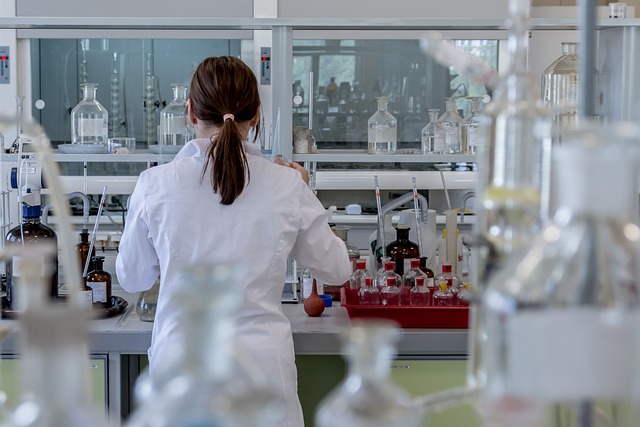
Who Can Provide Professional Medical Translation Services?
A medical translator with experience in the medical field and solid linguistic skills can provide professional medical translation services.
However, medical translators require other qualities to provide such a level of service as well. The translator must have shown high expertise and zero errors in successfully translated documents.
They must also have the training and education to perform in medical settings. In addition, the translator must be bilingual or multilingual and consistently able to read and write in these languages.
The medical translator must have adequate language proficiency to understand and translate written text without losing its original meaning. Anyone with these qualities can provide professional translation services for medical purposes.
In addition, anyone can work towards having these qualities to become an excellent translator!
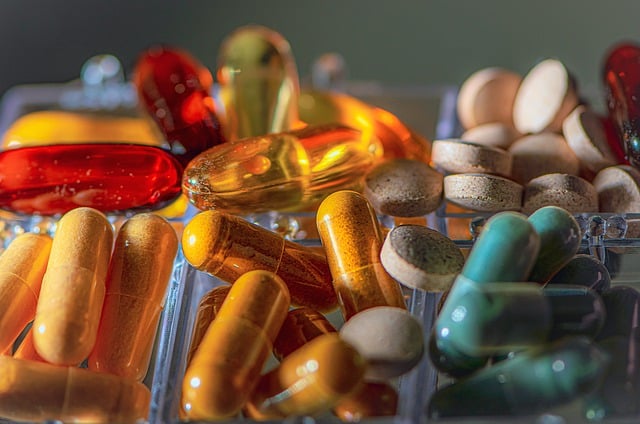
How To Become a Medical Translator in Six Steps
As mentioned, anyone can acquire the necessary qualifications to become a translator. However, some additional steps are needed to qualify to provide quality medical translation. Learning how to become a medical translator depends on these steps. Here are six simple steps to achieve this status:
- Choose and study a second language to understand its grammar, nuances, and syntax. This will allow you to become proficient in both the source and target languages.
- Get the right educational qualifications to polish your linguistic skills. You can take a course in translation studies and combine it with a science or medical-related course.
- Choose a specialized area in the medical field to focus your studies. This area will serve as the foundation for your translation education.
- Study the laws governing health document translations in different countries, especially the country speaking your target language.
- Get the necessary experience by volunteering or working as an intern in healthcare facilities and non-governmental organizations.
- Get the proper certification from a professional medical certification organization to become a certified medical translator.
Becoming a certified translator helps you to get the proper credentials and recognition in the translation industry. Although there are no exclusive certification organizations for translators, a medical interpreter certification is enough.
The Certification Commission for Healthcare Interpreters (CCHI) and the National Board of Certification for Medical Interpreters (NBCMI) provide this certification. You can also get general translator certification from the American Translator’s Association (ATA).

The Impact of Healthcare Translation Services
Healthcare translation services have connected doctors, researchers, and patients around the globe. They have helped people get medical attention from different countries. In addition, translation services have helped medical professionals share life-saving discoveries and results.
Medical organizations like the World Health Organization (WHO) use translations to share health guidelines with professionals globally. This has helped healthcare services to maintain similar standards in different countries. Medical translation aids collaboration and breaks down language barriers to make the world healthier.
Getting the best translation service helps you positively impact the global healthcare system. Rapid Translate can help you achieve this with premium quality translation services. Whatever your reason for translating medical documents, we’ve got you covered.
Our efficient and accurate translation service will help your document convey the right message. Order now to enjoy the power of seamless translation for healthcare!



